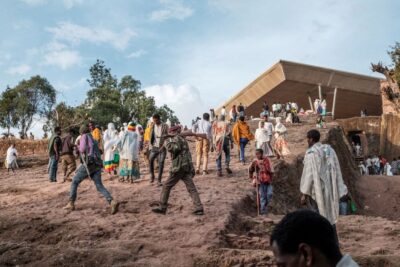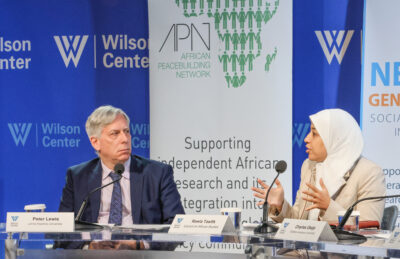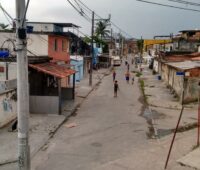In their research, Anjuli Fahlberg, Cristiane Martins, Joiceane Lopes, Ana Cláudia Araújo, Lidiane Santos, Sophia Costa, and Guilherme Baratho examine how democracy is being recreated in Rio de Janeiro’s favelas, particularly Cidade de Deus, where Covid-19 was first recorded. Drawing on their research on the pandemic’s impact on local residents vis-à-vis emergent forms of autonomous governance and how these are shaped by gender and racial dynamics, they argue that civic associations’ mobilization tactics in Cidade de Deus can help us understand how democracy is being reinvented in these spaces under conditions of extreme governmental neglect.













